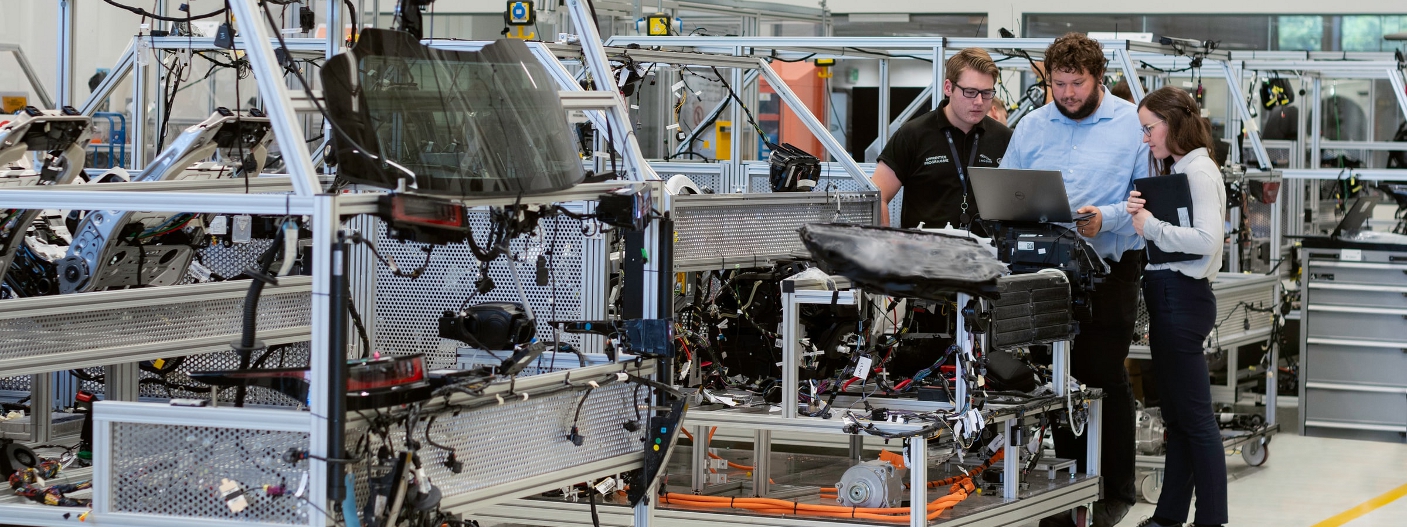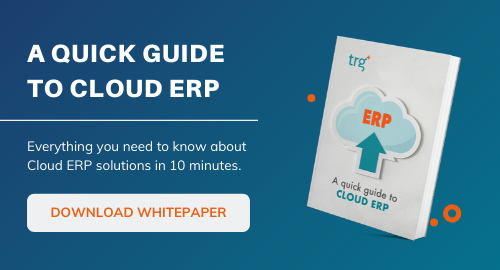Enterprise Resource Planning, or ERP, is software that is intended to tie together an entire organisation.
It provides an integrated suite of solutions for all functions of a business and typically consists of features like CRM for the Customer Service department, CPQ for Sales, Inventory Management, workforce management, accounting, and many more. So whether you are from the back office or on the shop floor, you can still utilise ERP.
But can fulfil the promise of being the all-in-one solution to meet everyone's needs in 2023 and beyond? Or are we moving towards cloud-based best-of-breed systems that are quicker to deploy and more affordable?
Read more: What is Enterprise Resource Planning software?

Is ERP software dying or slowly evolving?
Large ERP providers acquiring smaller companies and merging the two solutions to leverage their strengths and fix their weaknesses has become a noticeable trend. In other words, instead of building a tightly connected suite from the ground up, ERP providers are bolting on different solutions, which can create more vulnerabilities in the ERP systems.
Further complicating the landscape is the accelerated mainstream adoption of the cloud and best-of-breed solutions that target specific business areas and issues. These systems can be deployed on-premise or in the cloud, which provides more flexibility for the business. Furthermore, coupled with their cost-saving model, they are also customisable to be industry-specific.
Read more: Single ERP suite vs. multiple best-of-breed systems
As such, some people are saying the ERP industry is dying. But is it true, or is ERP simply evolving?
Some companies have had more success than others, buying up solutions and integrating them into their main system to fill the holes in their products. But the reality is most software companies specialising in ERP now offer a vast number of different products with many of them only focusing on one business area instead of providing the usual all-in-one solution.
One cannot deny that the switch from on-premises to the cloud is necessary and is already well underway. Especially with the rise of working from anywhere as a result of the pandemic has definitely accelerated cloud adoption in many organisations.
Read more: Gartner Rankings of Cloud ERP for Product-centric Enterprises in 2022
However, for ERP to be cloud-compatible, providers often have to rewrite their entire software. This exposes both the providers and their solutions to more vulnerabilities than ever since many of them are not fully developed or mature enough for the cloud.
True cloud solutions and SaaS can be developed and deployed relatively quickly and are way easier to integrate into a company’s daily operations than traditional ERP software. You can easily find examples of these cloud-based systems anywhere. For instance, consider Salesforce and its CRM platform, HubSpot's Sales and Marketing portals, TeamTailor for human resource management, or Workday.
So the fact that best-of-breed cloud software is evolving and becoming mainstream at lightning speed can contribute to the slow death of ERP software as we know it.
Over the years, ERP systems have had the reputation of being highly inflexible. That being said, they are a lot more flexible now compared to 20 years ago. Yet, they are still not evolving fast enough to meet today’s customers and market demands.
Businesses today tend to look for the best technologies to fix issues in specific areas of their business instead of overhauling their entire system.
So, is ERP something you should avoid or use? There is no definitive answer. The best you can do is look at different alternatives and evaluate what best fits your business needs, goals, priorities, company culture, and risk tolerance.
 English
English  Vietnamese
Vietnamese 

